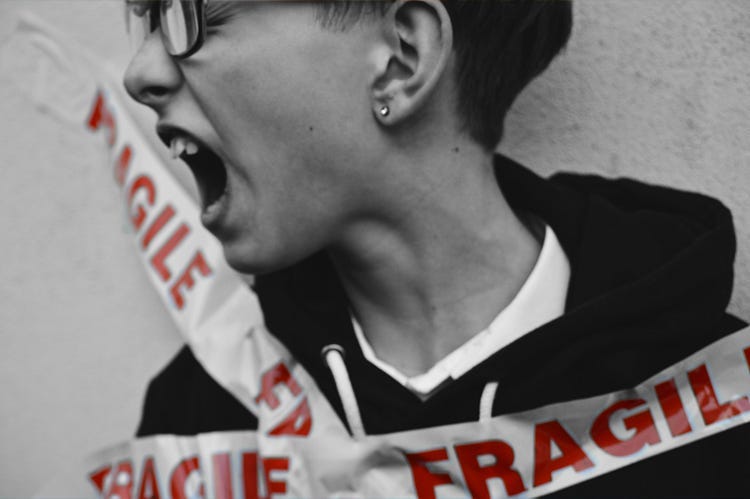A Partisan Statement: “She Wasn’t Bullied Enough. That’s Her Problem.”
Did anyone else notice this in their lives?

I sat across from the principal, defiant. It was the third time that week I got into fighting, screaming, and shouting. This time, though? I did a little more than usual.
I was in middle school, twelve years old. My principal caught me with a knife and a list of names shortly after I tried to push a fellow student out a second-story window in a fit of rage.
“Look, you scare teachers. You scare the other students. The police are now here because you brought a weapon to school again, after multiple warnings not to,” he said, wiping his brow. “You’re not going to be able to stay here for much longer. I’m sorry, Ossiana.”
It didn’t matter that what sent me over the edge was a classmate joking about my dead grandmother. It didn’t matter that my best friend was shipped off to the North Korean DMZ.
No, they saw my rage, my suicide attempt, and that’s all they cared about. The fact that people were debating whether I was “bullied enough” in class didn’t register.
Within the week, I was “asked to leave” my first middle school. My behavior improved because I had hope of leaving that damn school. And later on, I noticed a trend.


